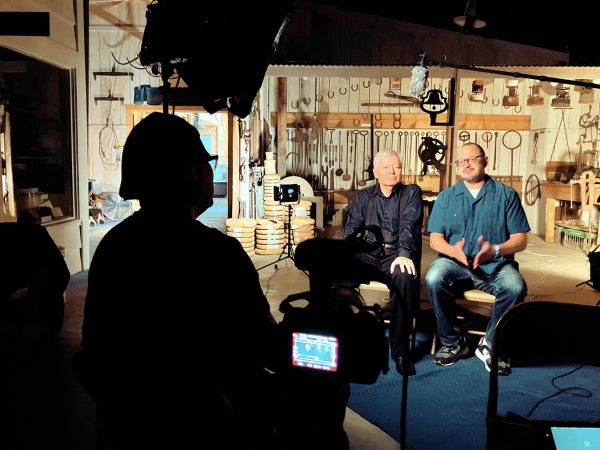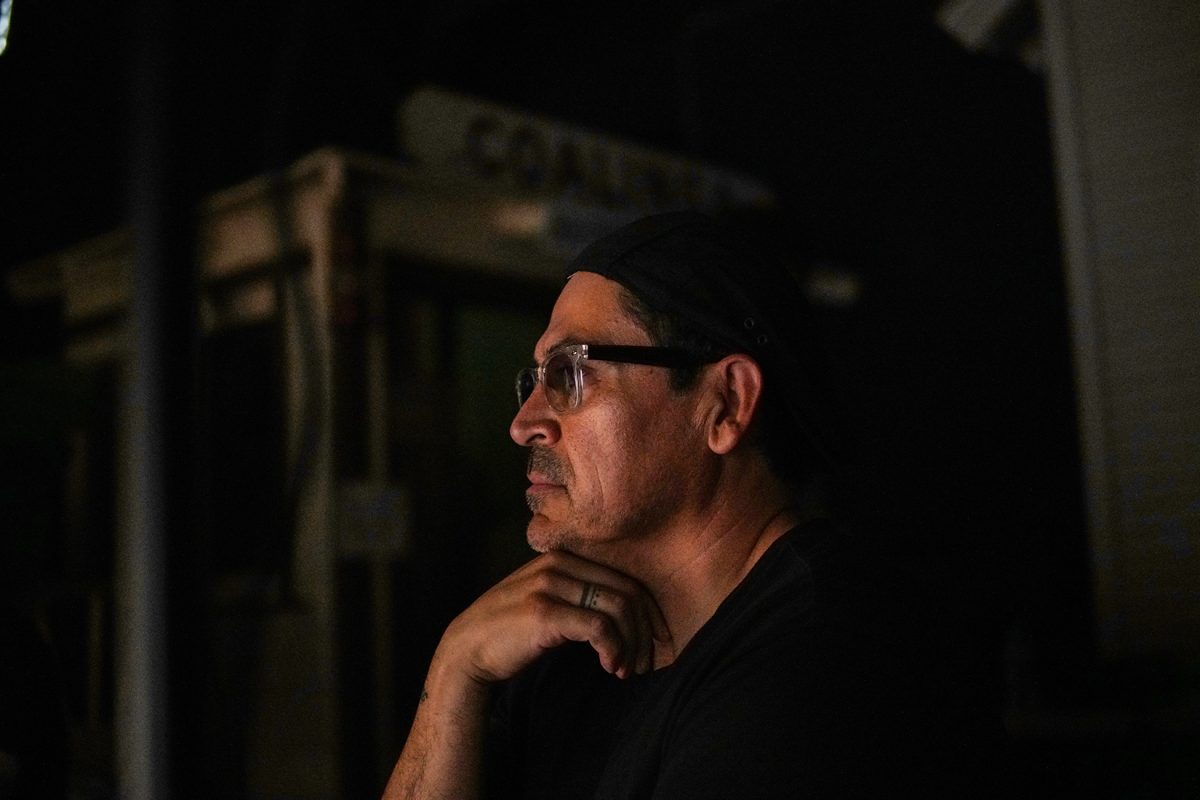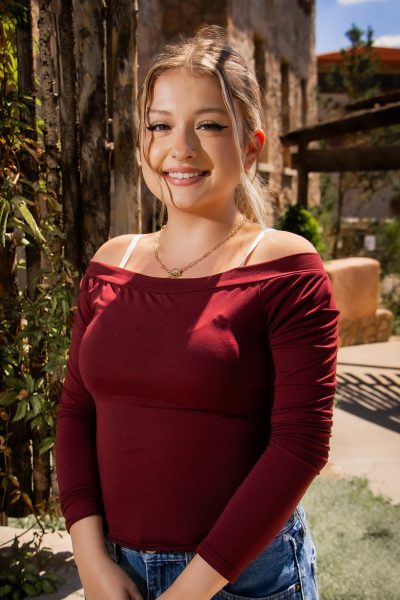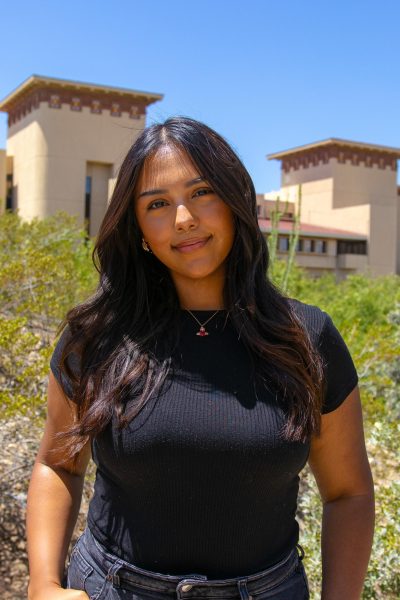Through art, messages can be conveyed in various ways. Tim Z Hernandez explores his form of art by writing books and now a film to tell a story about deportees dying in a plane crash, conveying the message that we all have the same fate no matter our race.
Hernandez is a creative writing professor at The University of Texas at El Paso (UTEP) and an author, publishing eight books and notably writing “They Call You Back.” He is now a director of a documentary based off his latest book “All They Will Call You.”
The story revolves 15 years of research behind this plane crash that killed 28 Mexicans and four Americans in 1948. Hernandez became the voice of many families who were affected by this unknown tragedy.
Originally from San Joaquín Valley, Hernandez grew up in a community built by farm workers, including his family, spending his early years surrounded by campesinos. Through his upbringing, it inspired him to create the film that reminded him of his own identity.
“I grew up in the field as a kid and saw injustices that were happening,” Hernandez said. “When we come from families whose parents are working class, humble people, we also see the times they’re silenced, they don’t feel they have the power to speak up.”
Deportations are not a brand-new concept, especially in the uprising of current political events. Hernandez traces deportations from the 1930s during the “Mexican Repatriation Act” which deported 600,000 to two million people.
“What’s happening today is exactly what was happening then, which is racial profiling. They’re not even looking if you’re a U.S. citizen or not,” Hernandez said. “They’re just checking if you’re brown, then they will take you away. I remember thinking, that can never happen, that was back then it couldn’t happen again.”

This subject came to Hernandez in 2010 while reading a newspaper while doing research. Learning that this tragedy happened close to home when living in California, Hernandez found a mass number of graves of Mexicans without names.
“It didn’t sit well with me, they’ve been there for 70 years, and nobody had even asked who they were and that’s what began the search and the journey of these books,” Hernandez said. “The entire time I was recording with my cell phone, I wasn’t thinking of it as a documentary or a film, I just thought to keep recordings of this. Until one day I sat down and took a look at the recordings I have of families and realized this is powerful.”
Throughout his years of endless researching, Hernandez has had opportunities to connect with families of the victims including the pilots’ families, working non-stop with them to protect their stories and be the voice to tell them. Hernandez even raised money to put headstones on their late loved ones’ graves.
“I want the stories to come from the families themselves,” Hernandez said “My job isn’t to say, here’s how the story should be told. My job is to say, ‘Here’s the microphone, here’s the camera, and tell me your story. Tell us your personal point of view, tell us how your family was affected’, ask these questions not just to the Mexicano’s but the pilots’ families, the families’ stories become testimonies.
Hernandez’s biggest advice is to start from where you know, your home. Bringing voices from El Paso as the city is a borderland mixed with a plethora of Mexican culture, it’s important for city natives to acknowledge this story too.
“We have amazing journalists, intellectuals and people who care about activists and our community. We know the bicultural, bilingual, fronterizo experiences well so I’m bringing in locals because we are the experts,” Hernandez said. “We are the voices of these issues; it is also an El Paso story.”
Hernandez wants viewers to watch this film with a lasting impression of restoring human dignity. The film is about fighting against recent systems that make the world separated and sharing the story of families who are affected.
“They all had hopes and dreams, and it was shattered by one deportation,” Hernandez said. “How can we look at one another as people in this country and say maybe we are a little different but recognize you are a human being and I’ll always have that respect for one another, that is the most important thing.”
Hernandez’s documentary “All they will call you” is now in its final stages of production and will be pushing for a release by the end of this year. Follow Tim Hernandez @t.z.hernandez on Instagram to follow along with his journey and support his upcoming projects.
Mia Colmenero is a contributor and may be reached at [email protected] and @_Miaajaade_ on Instagram.








